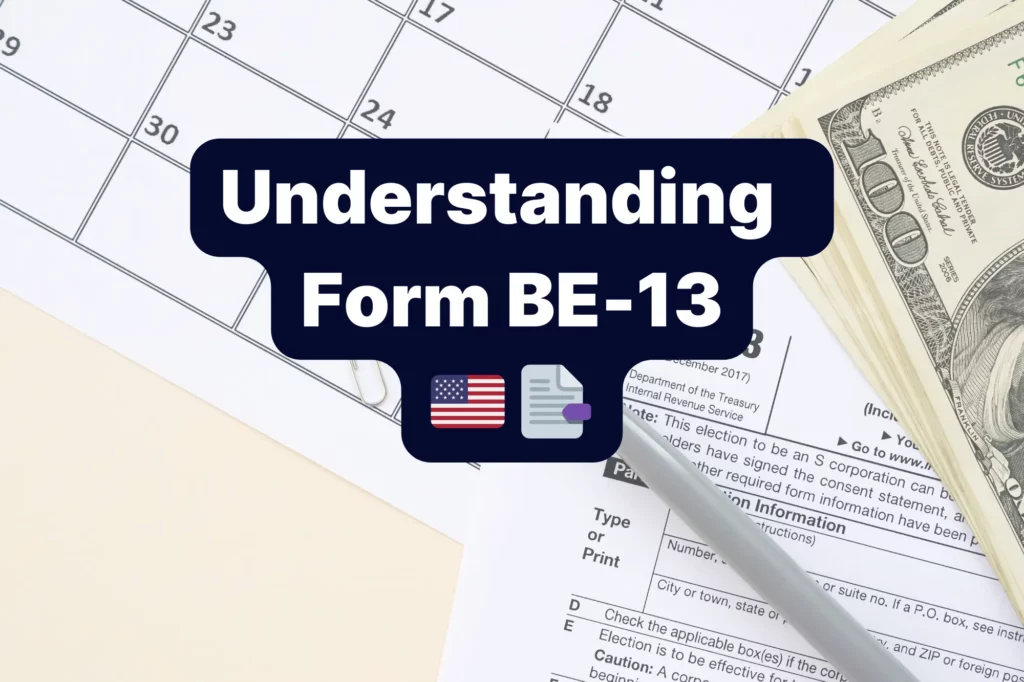To maintain a Delaware C-Corp, you are required to pay two annual costs or fees. Firstly, you will be responsible for paying an annual franchise tax. Franchise Tax is not calculated based on your company’s income. Delaware law requires companies incorporated in Delaware to pay annual franchise tax to keep the company in “good standing”. Even companies with no business activity must pay franchise tax to maintain “good standing” status.
The second cost is a registered agent service fee.
What is an Annual Franchise Tax?
Every state has slightly different requirements for corporations but Delaware C-Corps pay Franchise Tax due March 1st of each year. The Franchise Tax for a corporation is based on your corporation type and the number of authorized shares your company has. You can visit https://corp.delaware.gov/paytaxes/ to find out about up-to-date Corporation Franchise Tax.
There are two methods to calculate Franchise Tax for a maximum stock company: Authorized Shares Method and Assumed Par Value Capital Method. You can visit https://corp.delaware.gov/frtaxcalc/ to calculate Franchise Taxes for your Delaware C-Corp. Delaware C-Corps are also required to file an annual report.
Who is a Registered Agent?
The second cost is a registered agent service fee. Maintaining a registered agent for corporations is required by Delaware Law. According to The Delaware Code, every corporation shall have and maintain a registered office and agent.
Once you choose the entity type and name for your company, hiring a registered agent becomes your next step. This registered agent can be an individual residing in Delaware or a business entity authorized to operate in the state. The agent must maintain a physical address and be available during normal business hours to receive legal notices and documents on behalf of your corporation. For these services, an annual fee is payable to your registered agent, who essentially serves as your business’s official representative.
Ensuring Long-Term Success and Compliance with Clemta
Successfully managing these annual requirements is crucial to maintaining your Delaware C-Corp in good standing. If you’re seeking assistance in meeting compliance needs or managing your corporation’s annual obligations, Clemta offers expert guidance and solutions tailored to your business needs. By leveraging Clemta’s expertise, you can focus more on growing your business while staying compliant with state requirements.
For more details on how to efficiently manage your Delaware C-Corp, consider exploring the resources and services available at Clemta.







